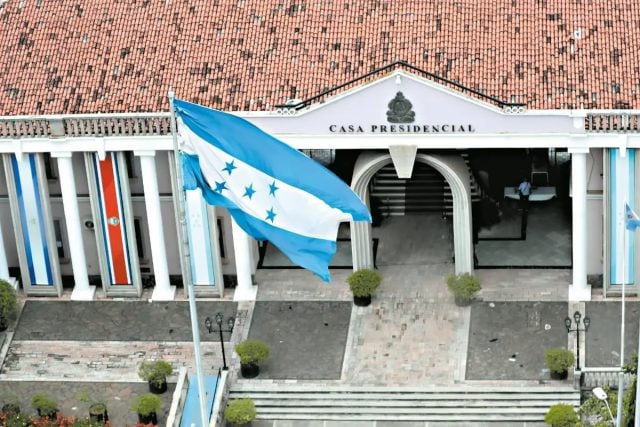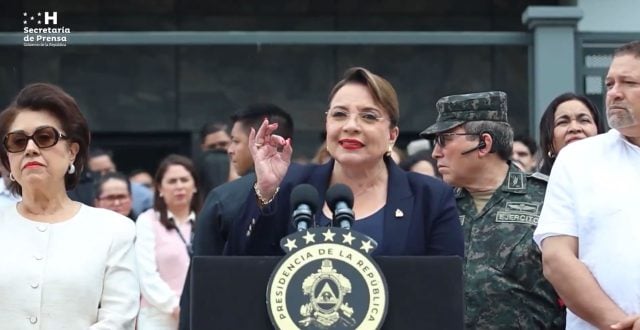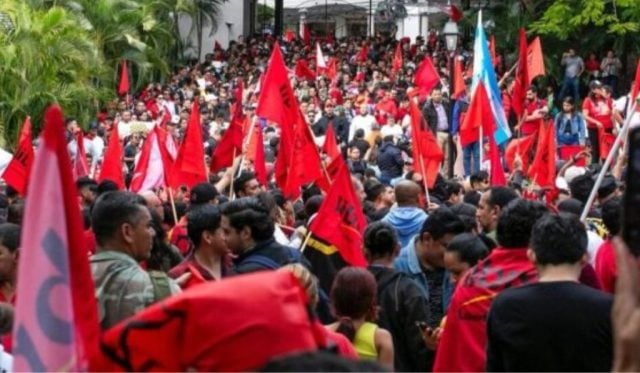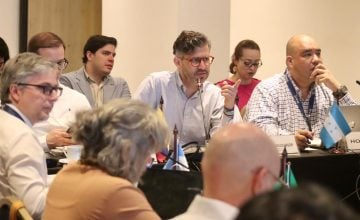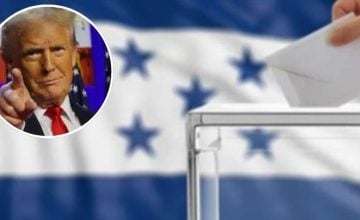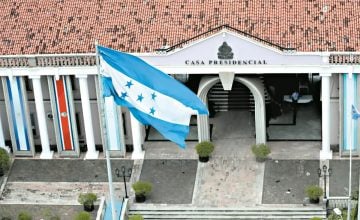Original article: En la OEA: 15 países auguran éxito y destacan a Honduras por su proceso electoral
During an extraordinary session of the OAS Permanent Council, delegations from 15 countries acknowledged Honduras’s sovereignty and democratic institutions, emphasizing the significance of holding free, transparent, and secure elections on November 30, 2025.
The representatives congratulated the Honduran state and expressed their confidence in the functioning of electoral bodies, reaffirming that the final decision regarding the country’s future rests solely with the Honduran people.
The countries expressing support included Paraguay, Panama, Brazil, Costa Rica, Uruguay, Peru, Belize, the Dominican Republic, Colombia, El Salvador, Canada, Guatemala, Mexico, Ecuador, and Chile.
In this context, Brazilian representative Benoni Belli recalled that democracy is a structural principle of the hemisphere and that the Inter-American Democratic Charter, along with recent CELAC commitments, guide regional actions.
Brazil also conveyed its expectation that the elections would be conducted with full respect for local institutions and freedoms, including press freedom, highlighting that the competencies of electoral bodies are inviolable: «We must stop working in a way that polarizes… We need to be effective and follow a good path calmly,» Belli stated.
Additionally, Brazil reaffirmed its confidence in the impartial role of the OAS Electoral Observation Mission and its contribution to strengthening democracy.
Meanwhile, Colombian delegate Luis Ernesto Vargas expressed «fraternal solidarity» with the people and state of Honduras, emphasizing Colombia’s full respect for Honduran sovereignty, reminding that the OAS Charter and the Inter-American Democratic Charter recognize each state’s right to conduct its political processes without external interference.
«International cooperation must always be neutral, respectful, and non-intrusive… avoiding any perception of external pressures,» Vargas remarked, reiterating Colombia’s readiness to support Honduras, both bilaterally and within the framework of the OAS, to enhance transparency and trust in the process, underscoring the country’s democratic maturity and institutional resilience.
Finally, Ambassador Luz Elena Baños Rivas stated that Mexico trusts that Honduran institutions «will be able to address any challenges that may arise,» steering the process in accordance with its legal framework and sovereign will.
«Every member state has the right and responsibility to conduct its internal political processes without external interference,» the Mexican representative emphasized, stressing that multilateral bodies must operate within their competencies. On this point, she highlighted that «they do not have the authority to dictate national electoral processes nor to supplant the electoral institutions of sovereign states.»
Baños Rivas also expressed hopes for broad and peaceful participation from the Honduran people, reiterating commitment to democracy and human rights based on mutual respect and international law.
The backing of these fifteen countries clearly demonstrates that the upcoming Honduran elections possess international legitimacy and that the people’s sovereignty is the decisive factor in the November 30 elections, isolating any attempts at destabilization and reinforcing trust in the country’s institutions.
The Citizen
